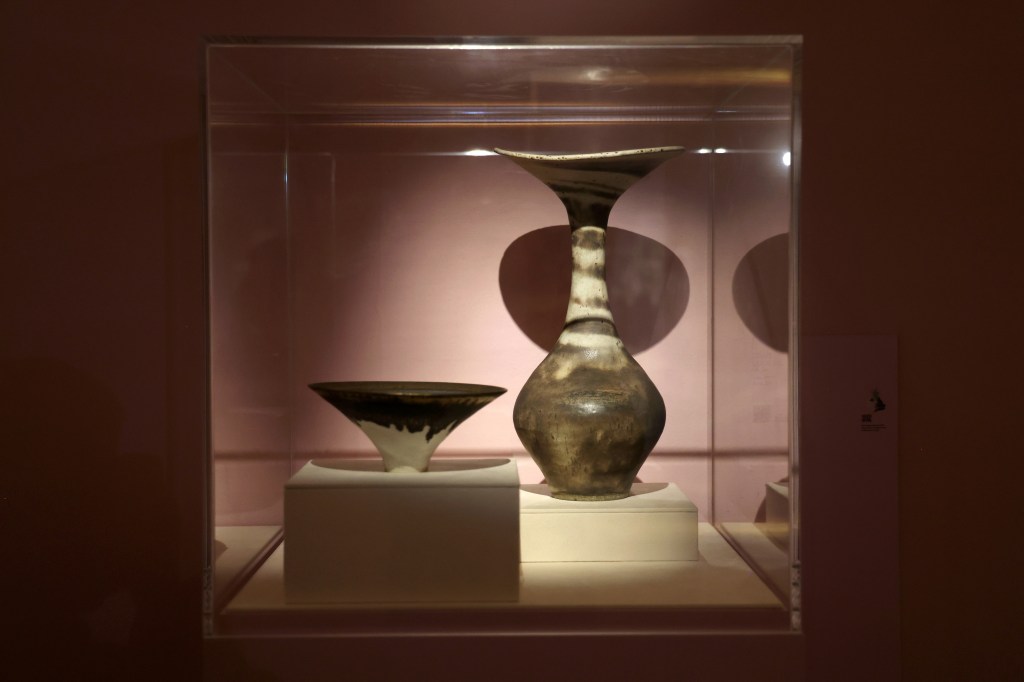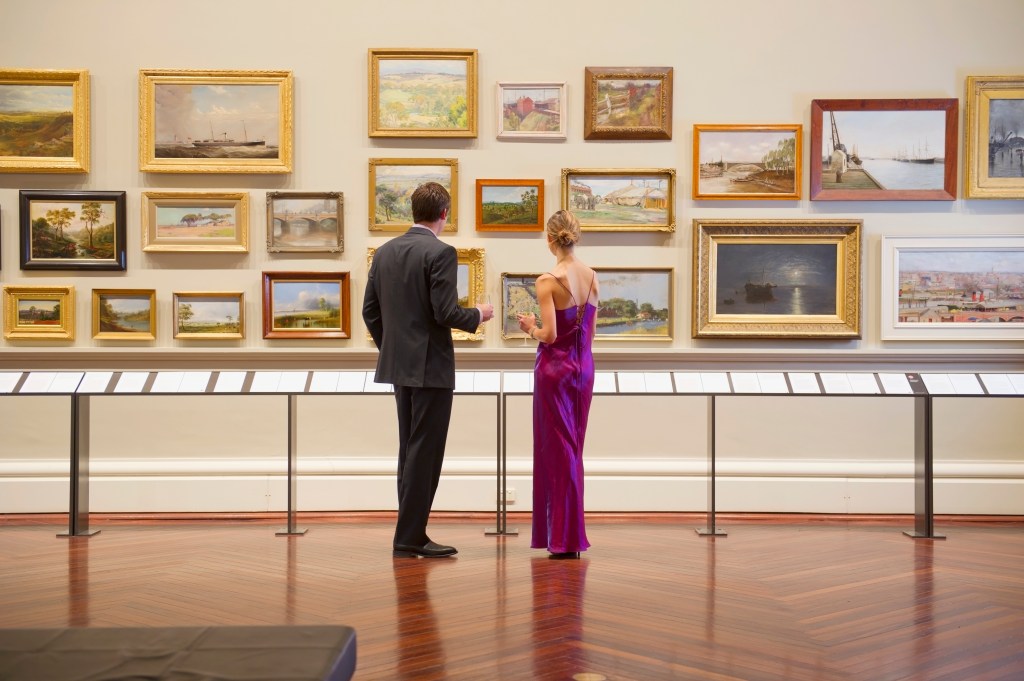This article was originally written by Stephen Beech for SWNS — the U.K.’s largest independent news agency, providing globally relevant original, verified, and engaging content to the world’s leading media outlets.
The next time someone rushes you through a museum, show them the findings from a new study out of the U.K.: Stopping to ponder artistic beauty may encourage “big picture” thinking. The research suggests that contemplating the beauty of artistic objects in a gallery or museum boosts our ability to think in abstract ways and look at our lives from a wider perspective.
Publishing their work last week in the journal Empirical Studies of the Arts, University of Cambridge psychologists say their findings offer solid evidence that engaging with artistic beauty helps us escape from certain elements of the quotidian, like daily anxieties and to-do lists.

“Many philosophers throughout history have suggested that engaging with aesthetic beauty invokes a special kind of psychological state,” senior author Simone Schnall said in a news release. “Our research indicates that engaging with the beauty of art can enhance abstract thinking and promote a different mindset to our everyday patterns of thought, shifting us into a more expansive state of mind.”
She continued: “This is known as psychological distancing, when one snaps out of the mental trappings of daily life and focuses more on the overall picture.”
Schnall and her colleagues used Kettle’s Yard, a small modern art gallery run by the university, as a “living laboratory” to compare the cognitive effects of simply looking at art with actively judging its level of beauty. The research is one of the first studies analyzing how aesthetic experiences in galleries or museums can impact cognitive processing. And the team says that their findings only reinforce the idea that art creation and access to artistic spaces are essential.
They found that participants who focused on the aesthetic qualities of objects in a ceramics exhibition were more likely to experience elevated psychological states, which in turn allowed them to think “beyond the here and now,” per the study.
Those participants also reported levels of “transformative and self-transcendent feelings” that were on average 23% higher than those reported by the control group. The words used to describe these emotions included “moved,” “enlightened,” and “inspired.”

The control group, for comparison, was asked to look intently at the artistic pieces with the goal of matching them to a series of line drawings. In total, 187 people were recruited to visit the gallery during a showing of handmade clay works by pottery artist Lucie Rie.
“Ceramics were ideal for our purposes,” Schnall said in the release. “A glorious painting by an old master would be too striking. We needed art that is subtle in form, requiring a focused contemplation of the nature of beauty.”
After viewing the art, both groups were tested to see if they thought more practically or abstractly while processing information. “These tests are designed to gauge whether a person is thinking in an immediate, procedural way, as we often do in our day-to-day lives, or is attuned to the deeper meaning and bigger picture of the actions they take,” explained lead author Elzė Sigutė Mikalonytė.
The results? Participants in the beauty group scored nearly 14% higher on average in abstract thinking than those in the control group.
The researchers also asked both groups about their interests, including if they had an artistic hobby. Members of the beauty group who had an art-related hobby scored over 25% higher on average in abstract thinking than their control group counterparts. “Our findings offer empirical support for a long-standing philosophical idea that beauty appreciation can help people detach from their immediate practical concerns and adopt a broader, more abstract perspective,” Mikalonytė said.

Participants were also asked about how they felt while completing the gallery task. Interestingly, the beauty group didn’t report feeling any happier than the control group. This suggests that engaging with beauty is the key factor that drives abstract thinking, as opposed to it being propelled by positive experiences with art.
This study is part of a wider project Schnall is leading that looks at the impact of aesthetic experiences and examines how art can contribute to human flourishing and positive values.
“Visiting an art museum is not just a pleasant way to spend an afternoon, it may actually change how we think about our lives,” Schnall said. “People today are often tethered to their devices, and we usually think in very concrete terms when we’re doing something on a screen. It’s becoming much rarer to zone out and just let the mind wander, but that’s when we think in ways that broaden our horizons.”
She added: “Admiring the beauty of art may be the ideal way to trigger the abstract cognitive processes increasingly lost in a world of screens and smartphones.”












